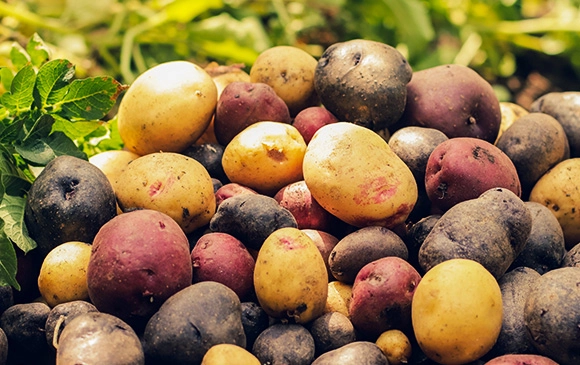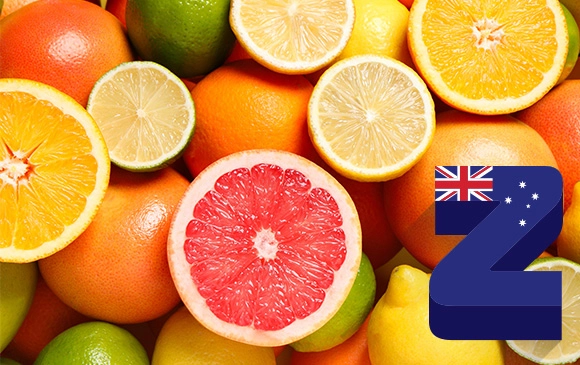Fruit for Thought: Here’s Why Israeli Mangoes Are Captivating Global Markets
Renowned for its rich historical influence, Israel thrives in produce and diverse cuisine. The country’s climate and geography create the perfect conditions for cultivating an impressive range of fruits and vegetables.
While its cooler hills are ideal for figs and olive trees, the coastal plains provide just the right environment for flourishing citrus trees. And the best part of the hot and humid Israeli summers? Easy: mangoes.
Mangoes on the move
Looking at Israel’s refrigerated commodities, it’s clear that the country is a hub for exports. The year begins with citrus fruits and avocados. As the season shifts, the focus moves to carrots and potatoes, which dominate until May. June, however, is a quieter month, as growers eagerly anticipate the arrival of mangoes, the crowning glory of Israeli summer exports.
Israel enjoys a two-month mango season, kicking off mid-July with the first fruits. The peak comes around August, with 63% of Israel’s mangoes exported between August and October, while almost 80% of the crops reach Europe.
The mango is a limited crop, and not every country can grow them.
Mango trees are quite particular about their environment.
They need to avoid freezing temperatures; even a drop below 0°C can harm the tree and jeopardize future fruit production. While the cooler winter temperatures in Israel may pose challenges, particularly during the fruit-setting stages, fortunately, Israel’s hot, dry summers are ideal for mangoes.
Mangoes in Israel thrive primarily in the subtropical climates around the Sea of Galilee and the Jordan River Valley. While mango cultivation was once more widespread, today, about 2,500 hectares are dedicated to mango production, with nearly 90% of the orchards concentrated around this region, which typically maintains a temperature range of 15-30°C throughout the year, providing optimal conditions for mango trees.
Mangoes are a delicate cargo, while different varieties react differently to long voyages.
Unlike more durable fruits like citrus, mangoes have an extremely limited shelf life. Over 14 days in refrigeration, and they can start to show signs of spoilage. For long-distance journeys, local Israeli mangoes are usually harvested while still relatively hard and unripe, to endure the transport process until reaching the other end in perfect condition.
All in for a “mango-nificent” season
The mango’s delicate nature requires careful handling and swift transit. To ensure its freshness, ZIM customers can count on timely deliveries with a direct solution between Haifa and Ashdod to attractive destinations in Koper (with our Adriatic Express Service – ADX) and Fos (with our Tyrrhenian Container Line – TYR).
The ADX service to Koper in particular, operates weekly, departing from Haifa on Thursdays, with arrivals in Koper on Tuesdays (only a 5-day transit time!). The advantage of end-of-week departures provides customers with the time to harvest the crops, pre-cool the fruit if needed, and transport it to the port in time, without the pressure of tight deadlines.
As ZIM Israel Reefer Team Leader, Tomer David puts it: “We are extremely flexible and know exactly how to adapt ourselves to the product. Especially when moving sensitive products like mangoes from Israel, we will turn the world around to ensure stability and keep the vessel on track for this leg of the journey, and our customers know it.”






